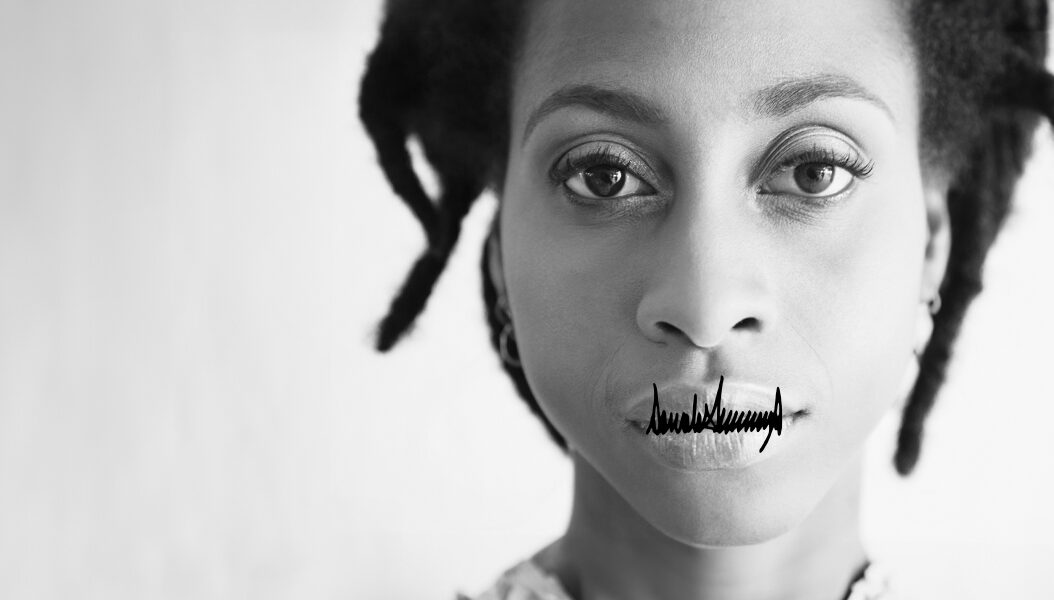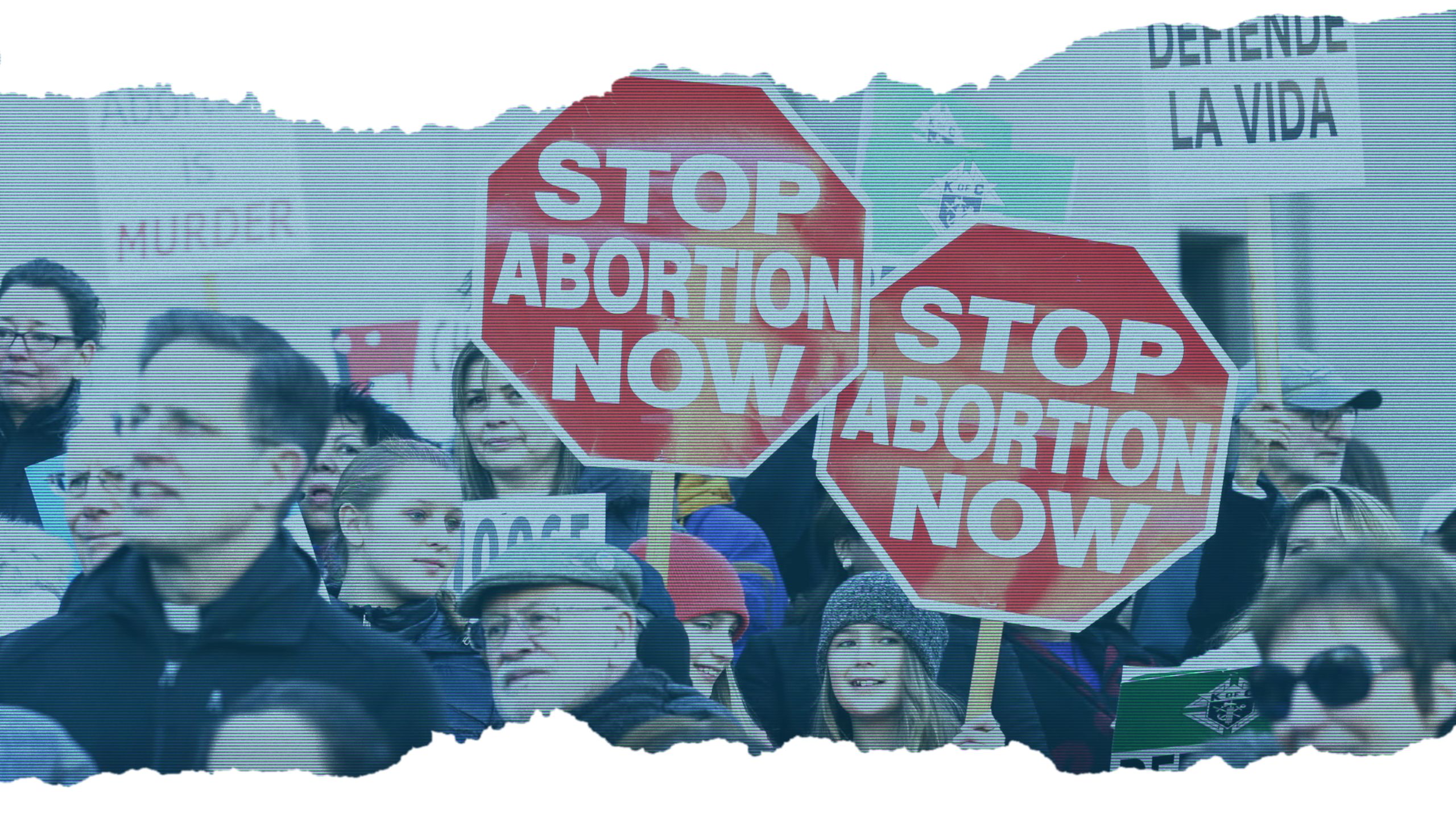In the ‘Global Voices’ series, we share seven stories from MSI healthcare providers, leaders, clients and partners. Their reflections and experiences inform, inspire and invigorate–read them all in our latest Annual Review.

With one in the UK and the other in Mexico, Kendall and Alfonso are worlds apart, but they share something important in common: they are both MSI abortion providers. They came together to discuss the joys and challenges of providing abortion and why they do it.
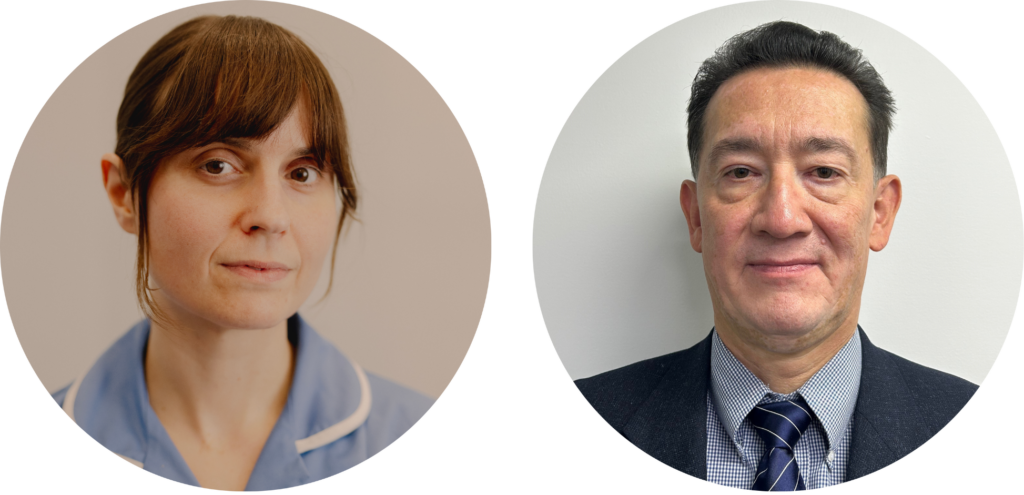
Kendall, a nurse for MSI UK:
I wouldn’t say I’ve had a typical path to becoming an abortion provider… one thing you might be surprised to know is I worked for a decade in the arts and fashion world! But I was passionate about women’s health and frustrated with experiencing inequality in the health system as a disabled woman. It was in 2019 that it hit me: I wanted to become a nurse. I’ve now worked at MSI for almost two years.
Alfonso, medical director for MSI Mexico:
It’s nice to speak to someone newer to this career. Me, I’ve been working in healthcare in Mexico for more than 35 years – as an OBGYN and then in abortion care. I made the move to abortion care because I believe abortion is a human right. My three daughters, my wife, my mother, my grandmother, they are the reason I do this.
K: Wow, you must have seen a lot of change in abortion services over the years.
A: Oh yes, you wouldn’t believe the changes I’ve witnessed. When Mexican states started decriminalising abortion, we took the clients’ hands in our own as we told them ‘we are with you’. Over time everything has become more regulated, more accessible, better for women. In Mexico, abortion has now been decriminalised by the Supreme Court and many states allow abortion on demand – I never thought I was going to see that in my lifetime. This change has come from the people, from the ground up.
K: Things have improved massively in the UK too; I’ve seen this personally. When I was a university student, I had two abortions in a general hospital ward and felt really stigmatised by nurses who made assumptions about me. Now, I feel truly privileged to work for MSI and be part of an environment where people don’t feel judged and where abortion is treated like the healthcare service it is.
A: People ask why I do this work and it’s simple: abortion is needed. Often clients come back to thank me, saying I saved their life. Yes, we change lives but we don’t do it to feel better about ourselves. We do it because it’s needed, it’s healthcare, it’s the way it should be. That’s it.
K: It’s the most satisfying part of the day to get those pieces of feedback. I remember one woman who said I had managed to make her laugh during one of the hardest moments in her life, and how much she valued my support. And another who felt like she was the only one in the world to have an abortion. When she timidly asked me if I’d had one, I was able to honestly answer yes, and it helped her to not feel alone. On an average week, I support around 40 people with abortions and that’s just me, one provider in one clinic in London. It’s so much more normal and common that people think, we just don’t talk about it enough.
A: The stigma is the worst part. People discriminate against me and my family. My three grown daughters have all experienced hate and shameful behaviour towards them because of my job. My youngest had to change the hospital she worked in because people were aggressive and violent towards her. People don’t understand it. But my family are advocates for women’s rights and we don’t hide. We are fighters, we’re proud.
K: I’m so sorry your family has experienced that. I’ve heard of many abortion providers around the world who face danger and threats because of this work and it’s not right. In the UK, we’ve had a turning point last year with ‘safe access zones’ around abortion clinics. It means anti-choice groups can no longer stand outside and harass our clients and staff. They could be arrested if they do. We used to see these people day in and day out handing out misinformation on leaflets, physically putting themselves in the way, following and photographing people.
A: We have these anti-abortion people too, praying outside our clinics, intimidating clients. They do a long stint they call ‘40 days for life’ every year.
K: I hate thinking about how clients must feel coming face-to-face with them. Some of our clients have legitimate safety risks as asylum seekers or survivors of domestic violence, and they had these people photographing and harassing them. Thanks to the safe access zones, it feels much safer now. There’s no other type of healthcare where this happens.
A: These groups don’t think about women. They don’t think about the 12-year-old that I helped, who had been kidnapped, raped and became pregnant against her will – that I had to tell her a fairytale story to get her to relax when we administered anaesthesia because she was just a girl.
K: It can be so hard when you’re confronted with people experiencing such vulnerabilities and hardship. I’ve had people tell me things they’ve never told anyone because we create a safe space for them. But I’m proud to be able to help them – with our safeguarding approaches we get people the support they need.
A: It’s what you and I, and all our MSI colleagues have in common I think: providing the best possible care. We need to share our skills and care further. In the past two years I’ve trained more than 35 government health workers to provide quality abortion care, so services will cascade to many more women.
K: It’s true, expanding access to safe and equitable care is what will truly change things. I’m endlessly inspired by our MSI teams across the world. It’s a pleasure to work alongside you, 5000 or so miles apart!
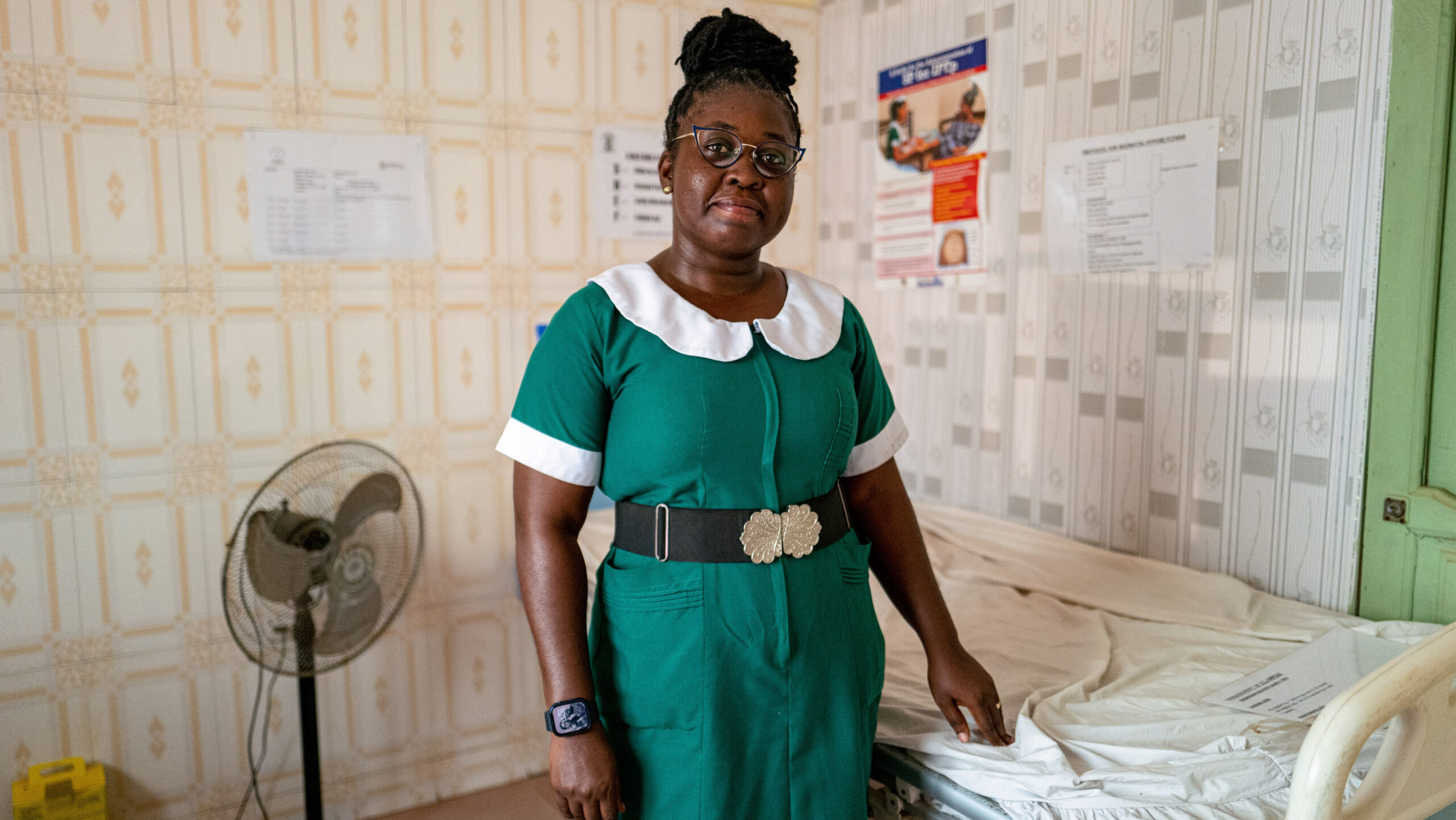
Jennifer’s story
Jennifer, a midwife in the Ghana Health Service, was trained by MSI; read her story.

MSI’s Annual Review 2024
Read seven stories of courage, strategy and grit in our latest Annual Review.
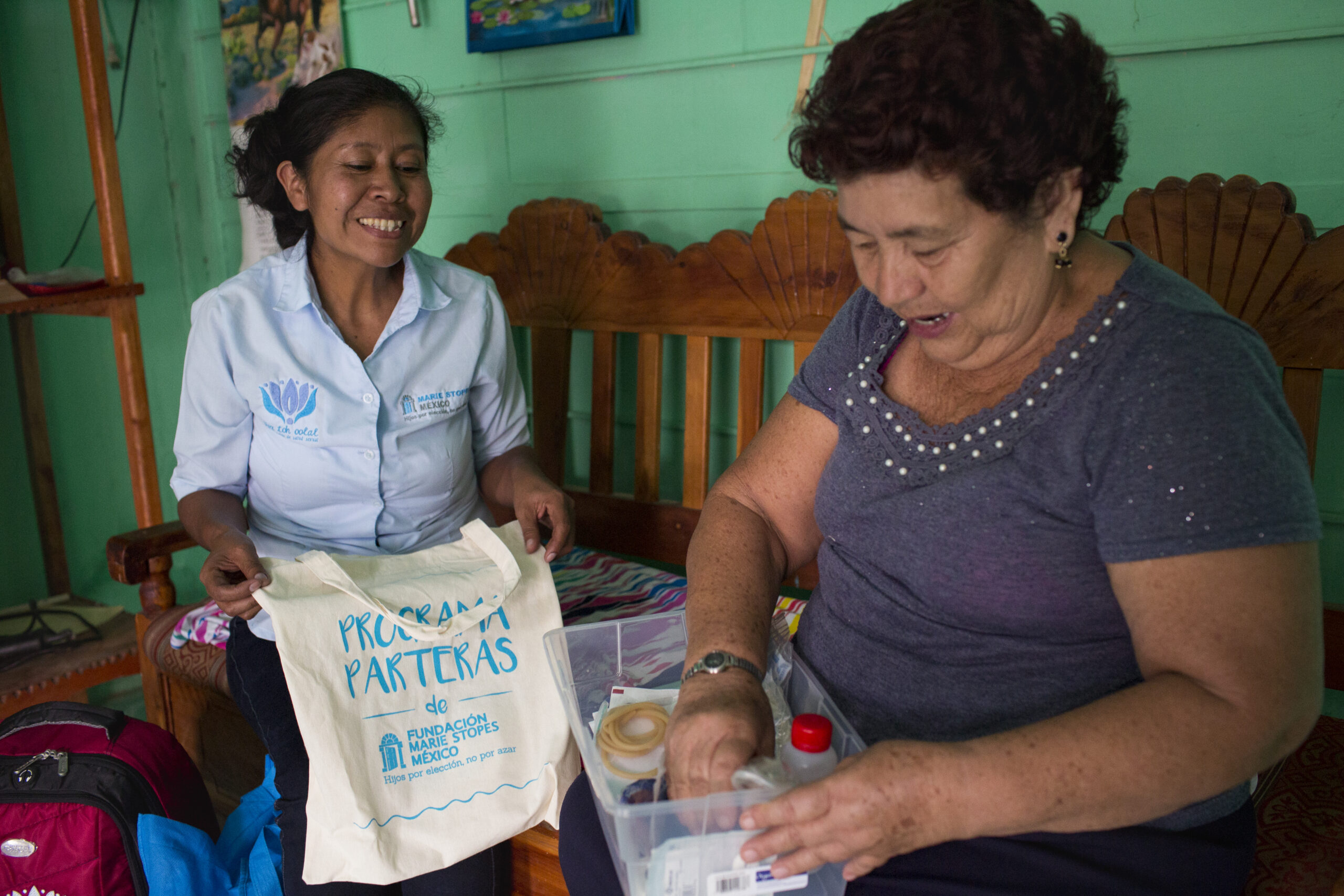
Abortion rights in Mexico
Charting 25 years of MSI’s programme & abortion rights in Mexico.







